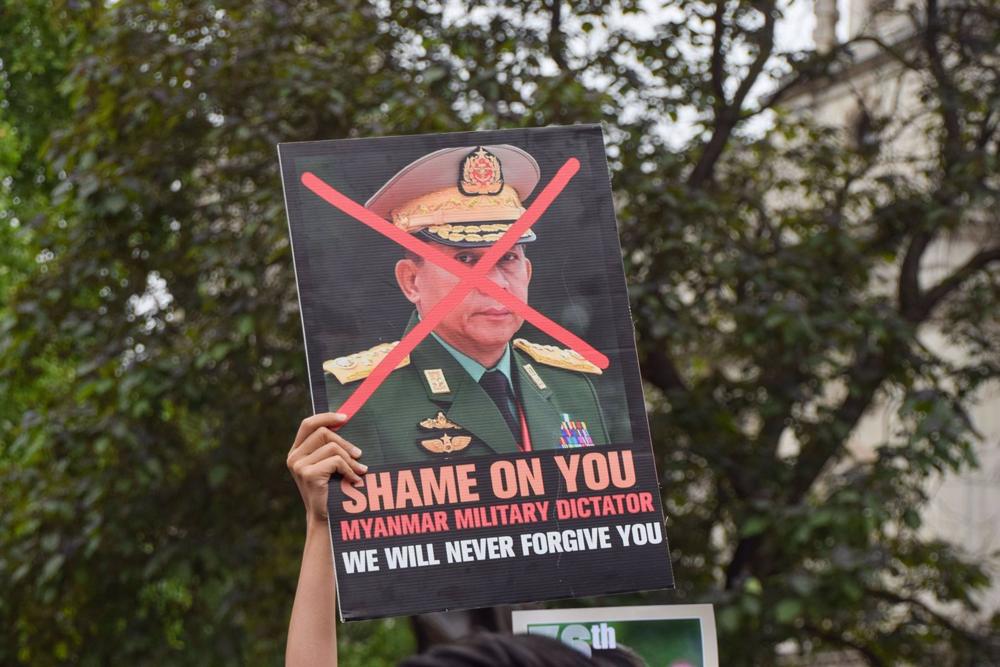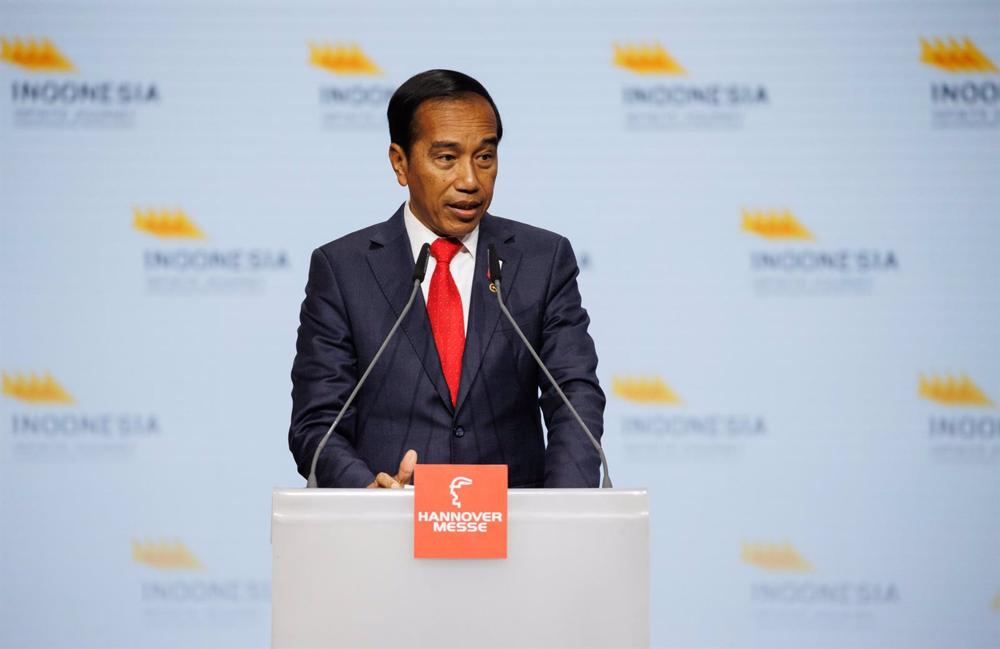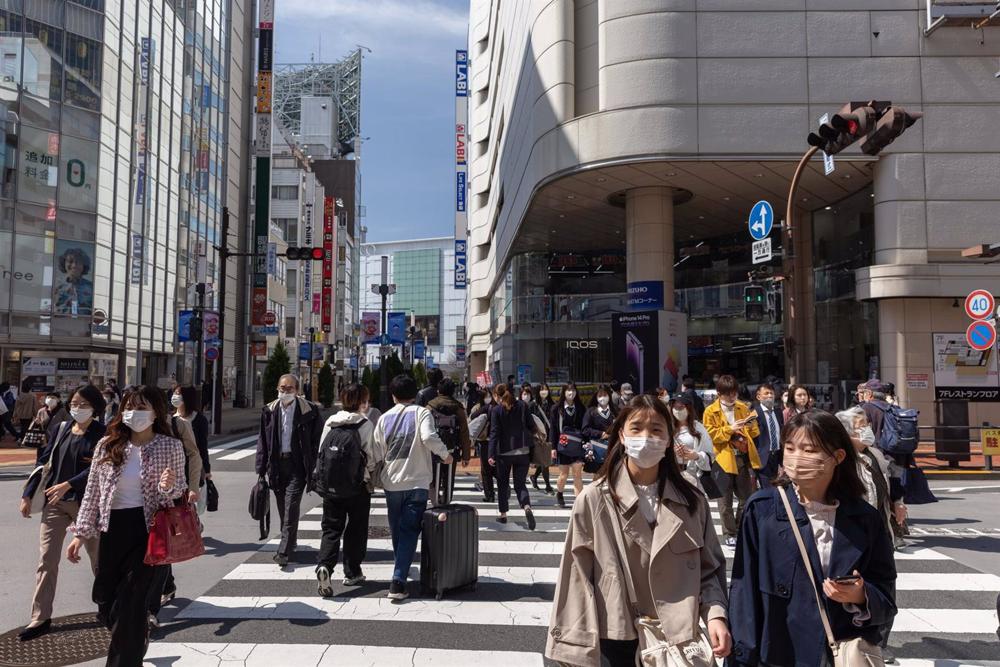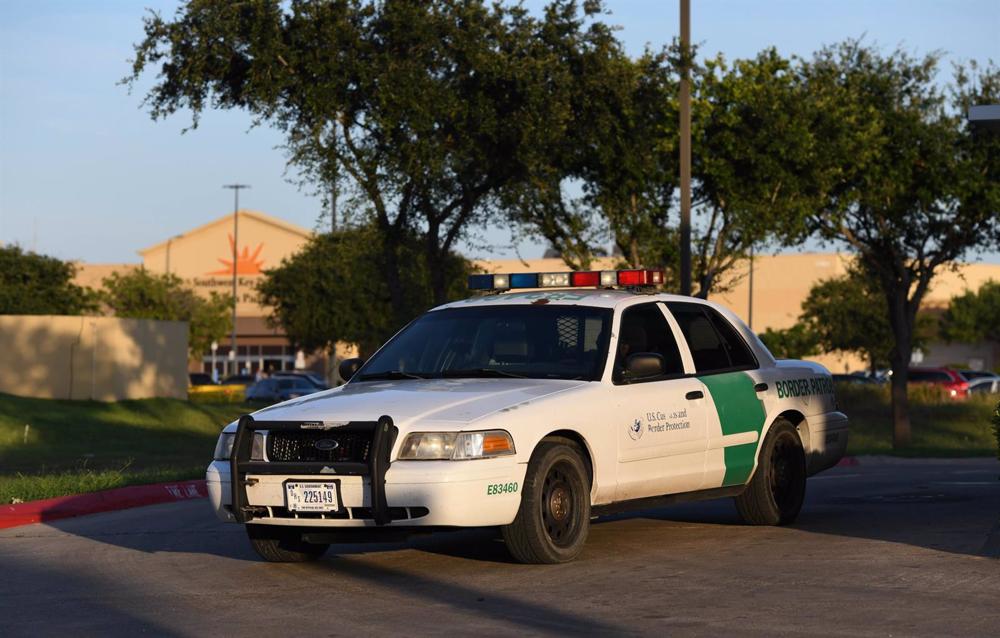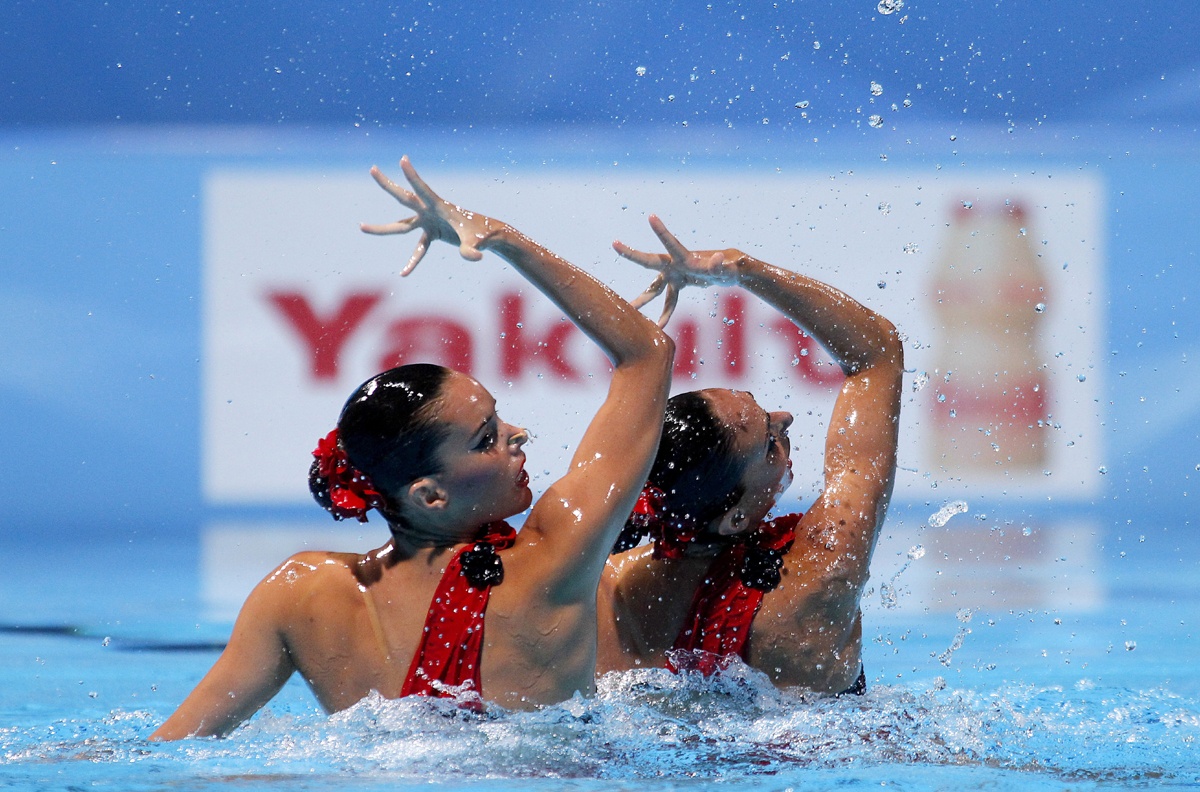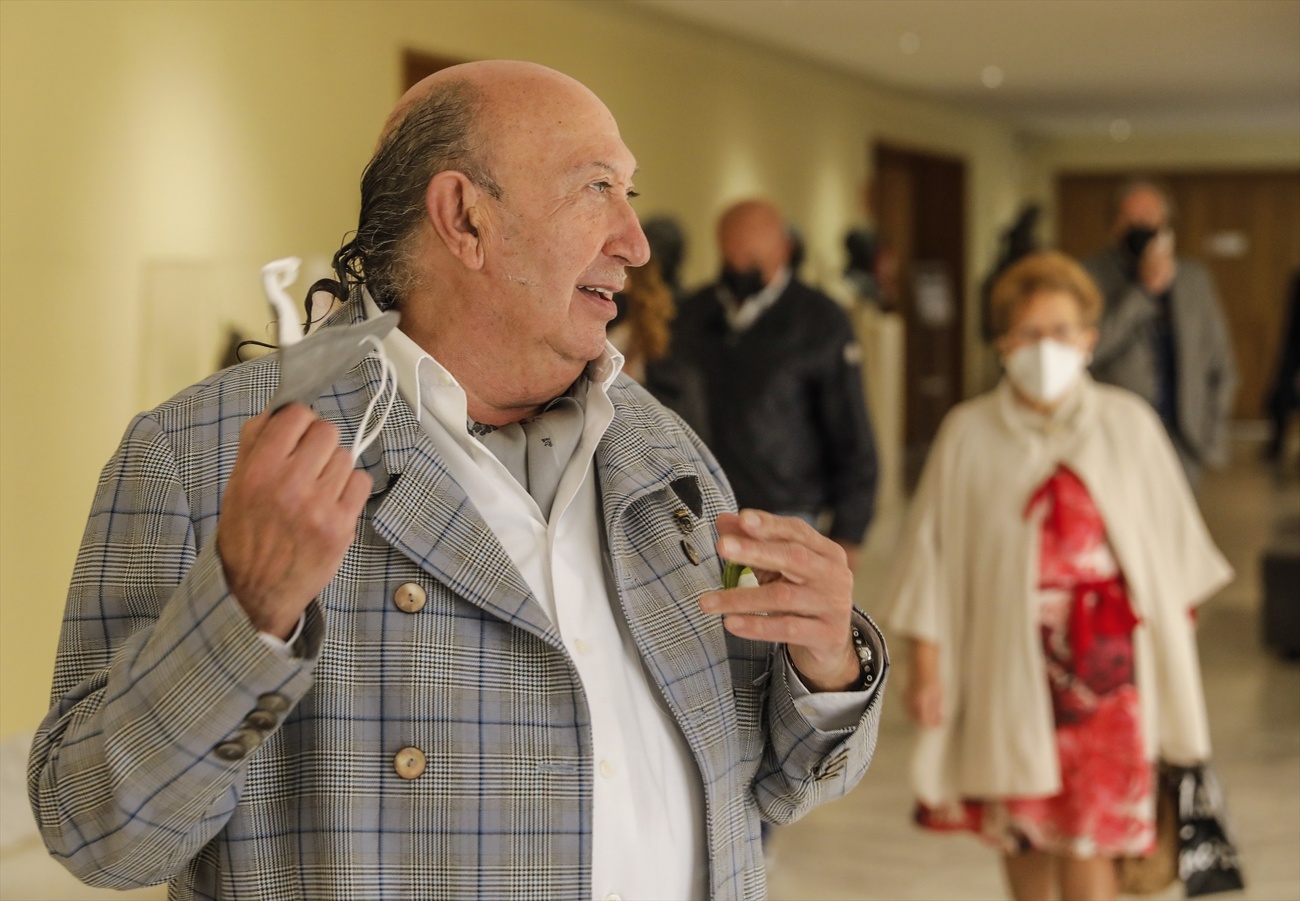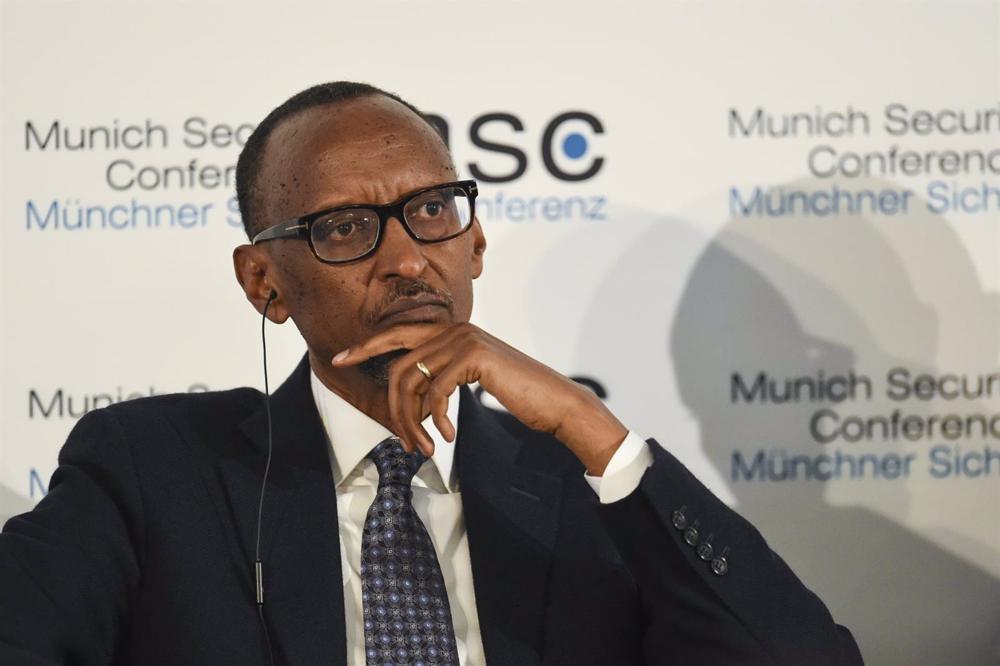
Rwanda on Thursday accused the Democratic Republic of Congo (DRC) of «sabotaging» the peace agreements signed in Luanda (Angola) with the aim of «prolonging the crisis and perpetuating insecurity in the province of North Kivu, in the east of the country.
«The neighboring countries of the Democratic Republic of Congo and the Great Lakes region as a whole cannot afford to let these new peace initiatives fail. Our citizens deserve better,» the government spokesman said in a statement, as reported by the Rwandan news agency.
It has also accused the DRC of being behind the protests organized against the East African Community (EAC) regional force in Goma and other parts of the country in an attempt, according to Rwanda, to withdraw from the Nairobi and Luanda peace accords.
According to the Rwandan government, these demonstrations, which were held the day before, also appear to be directed towards the EAC’s exit from the region. In the face of these protests, Congolese government spokesman Patrick Muyaya urged calm after a security meeting held in Kinshasa, Radio Okapi reported.
However, Rwanda has appealed to the DRC authorities to «put an end to all political and military support to the genocidal militias Democratic Forces for the Liberation of Rwanda (FDLR) – an armed rebel group founded and composed mainly by Hutus responsible for the 1994 genocide in Rwanda – and other illegal armed groups».
«Moreover, the recruitment of foreign mercenaries by the DRC is a clear indication that the Congolese government is preparing for war, not peace,» the Rwandan side has indicated, referring to the possible involvement in the conflict of mercenaries from the Wagner Group.
These statements come after DRC President Felix Tshisekedi said on Wednesday that Rwanda is responsible for «insecurity in the Great Lakes region» while criticizing Kigali for its support to the rebel group March 23 Movement (M23).
«The problem of insecurity today in the Great Lakes region is called Rwanda,» he said at the Davos Forum, while alluding to «certain belligerent neighbors» that «make it difficult» to stabilize the situation in the area.
Thus, he accused the M23 of not completing its withdrawal in the areas of the North Kivu region (east) which it has seized during the last months in spite of the agreement for a ‘road map’ agreed in the Angolan capital, Luanda, between the DRC and Rwanda, according to the Congolese news portal Actualité.
In turn, the Congolese president’s words came after local media reported that the M23 had withdrawn on Monday from Nyamilima, located in North Kivu, nearly ten days after breaking into it.
The M23 has been accused since November 2021 of carrying out attacks against army positions in North Kivu, despite the Congolese authorities and the M23 signed in December 2013 a peace agreement following fighting since 2012 with the army, which was supported by UN troops.
The situation has led to a spike in tensions between DRC and Rwanda, as Kinshasa accuses Kigali of supporting the rebels. Kigali, for its part, denounces Kinshasa’s support for the Democratic Forces for the Liberation of Rwanda (FDLR), founded and composed mainly of Hutus responsible for the 1994 genocide in Rwanda.
Source: (EUROPA PRESS)
